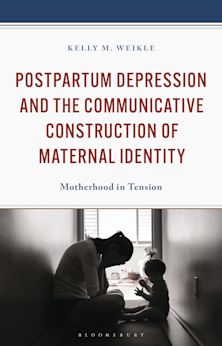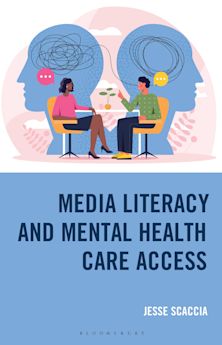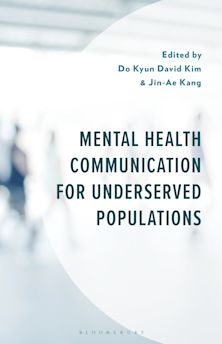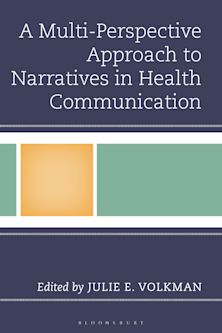- Home
- ACADEMIC
- Communication Studies
- Health and Science Communication
- The Rhetoric of the Opioid Crisis
You must sign in to add this item to your wishlist. Please sign in or create an account
Description
In The Rhetoric of the Opioid Crisis, Rachel Sussman Kaplan explores the opioid crisis through modernity. This book argues the stakeholders in this crisis have a different rhetorical bias and each group has contributed some willingly in the name of corporate profit and others inadvertently while trying to help patients.
Table of Contents
Chapter Two: Crisis Communication and the Opioid Crisis
Chapter Three: The Rhetoric of the Opioid Crisis and the Relationship between Rhetoric and Framing Theory
Chapter Four: Protecting the Professions-Doctor Versus Drug Dealer
Chapter Five: Human Flourishing
Chapter Six: Innocent Victims in the Opioid Crisis
Chapter Seven: An Ecological Perspective of the Medicolegal Ramifications and Corporate Reactions to the Opioid Crisis
Product details
| Published | 07 Jul 2022 |
|---|---|
| Format | Ebook (Epub & Mobi) |
| Edition | 1st |
| Extent | 162 |
| ISBN | 9781793640550 |
| Imprint | Lexington Books |
| Publisher | Bloomsbury Publishing |
About the contributors
Reviews
-
Sussman Kaplan does thorough work investigating multiple threads associated with the opioid crisis. She offers a in-depth analysis of the history of this problem and draws from the communication tradition to offer a unique perspective. This book is relevant to practitioners, scholars, and anyone attempting to understand addiction and the nature of the opioid crisis.
Tiffany Petricini, Penn State Shenango
-
“RachelSussman Kaplan provides a thoughtful reminder that modernity still attempts to market various forms of fool's gold. Such temptation comes from hope tied to unreflective progress. The opioid crisis is yet another exemplar of cheap grace. We want much for little. Kaplan reminds us that whenever the possibility of a life without pain, excellence without demand, comes before us, we should not only run from it but also warn as many people as possible of such danger. The opioid crisis is a reminder that we still seek transformation from desperate lives into spheres of unimagined hope. As Sartre indicated, bad faith is lying to ourselves, and we continue to do so with tenacious energy. I recommend this book for its content and its inspiration.”
Ronald C. Arnett, Duquesne University

ONLINE RESOURCES
Bloomsbury Collections
This book is available on Bloomsbury Collections where your library has access.


































